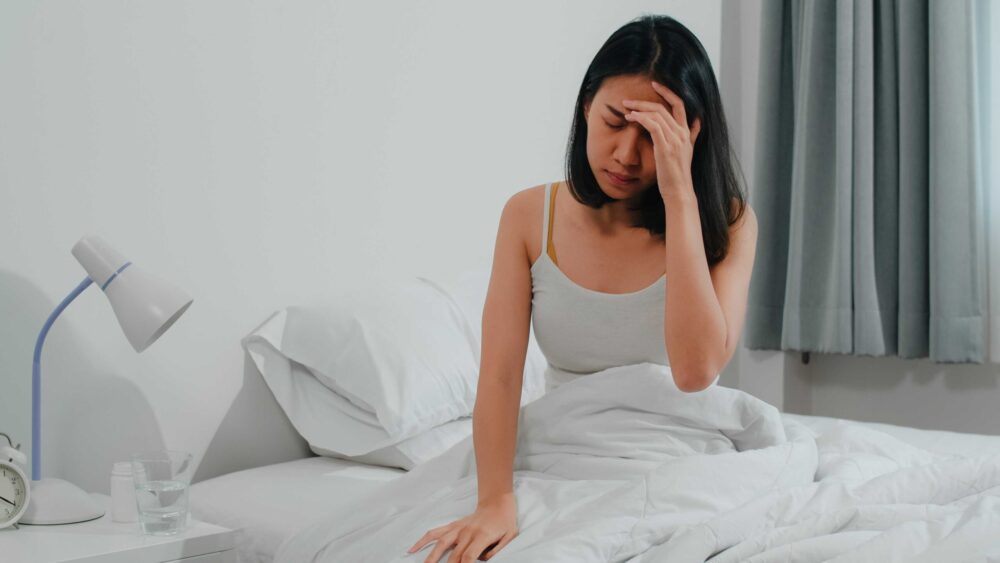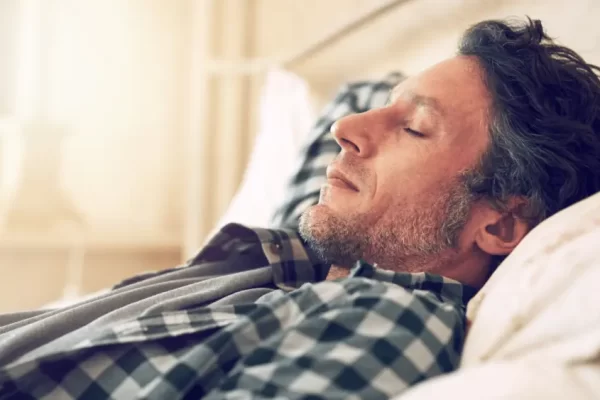The unlock phase has begun, and people are now moving out of their houses for running errands and going back to workplaces. But still, some people are unable to move out of their homes, and they live in fear because of various health-related factors.
There is one such illness which attacks the mental health condition explicitly and has currently been able to affect people much more than before due to pandemic situation. It is known as Hypochondria.
Hypochondria is a condition where a person develops fear and constant anxiety over an irrational thought that he/she might have some illness. Another terminology given to this disease is Illness Anxiety Disorder.
People suffering from Hypochondria may pre-suppose a diagnosis of a medical condition, even when a medical expert reassures him of the same. The disease has taken a high toll over the past few months because there is a constant feeling of irritability and fearfulness due to the spiking COVID cases.
Although it feels normal to feel stressed while looking at the events in the world, an obsessive behavior with a disease in a person would indicate that it has affected the mental wellness of that individual.
In a very recent study, the OCD Center of Los Angles claimed that about 4-6% of people in a country suffer from Hypochondria, and people have been experiencing this even more than before COVID began universally.
Shared obsession and Coping Methods suggested by experts.
Experts say that there are specific symptoms visible in people who might have been suffering from Hypochondria, and this could is evident when:
- The person might have a common cough but assumes it to be a symptom of cancer.
- The person spends most of his time surfing through the web about an illness he might not have but assumes otherwise.
- The person appears more of a germophobe because he fears getting in contact with a doorknob or any area as he assumes it to be contaminated.
- The person isn’t satisfied with a single doctor reviewing his health. He searches and requests for several other medical professionals for a single disease.
- The person is fearful of receiving a disease’s diagnosis, so he doesn’t want to visit a doctor.
Doctors believe that people who have shown signs of Hypochondria during the pandemic were not the ones who contracted the disease. But they ended up deteriorating their quality of life due to the anxious behavior.
The United Kingdom’s National Health Service (NHS) stated specific measures which could help people suffering from Hypochondria cope with their situation, specifically during the pandemic:
- Maintain a diary to note how frequent one is checking his her body for any symptoms linked with disease and calling the doctor based on the assumption.
- Try distracting your mind by going for a walk, talking to a friend, indulging in some physical activity.
- Press yourself to move forward and practice those activities you have been ignoring due to an illusionary fear of illness.
- When you write about your health concerns in the diary, also include your balanced thoughts about something (your body) beside it.
The Necessary Care for Mental Health & When to Get Immediate Medical Attention?
People might feel more overwhelmed when they come to know about the rise in the number of COVID cases, and their obsessive and anxious behavior might take a drastic turn wherein there concern for their hygiene might increase much more.
The condition might also become severe due to the fear of going outside to get themselves tested. The National Alliance on Mental Illness regulated few guidelines keeping in mind the individuals with Hypochondria and their suffering.
According to NAMI, these guidelines would help people with anxiety and stress cope with their conditions in a somewhat efficient way:
- Be selective of the social media content, and news one is going through
- Look for reliable sources to gain information such as international health organizations or WHO.
- Be motivated to follow a healthy lifestyle every day.
- People have been diverting more and more towards meditation during the lockdown period. It helps keep the mind and body focused and peaceful.
- Set your day’s routine in keeping yourself busy and engage in activities like cooking, reading books, listening to some soothing melodies, and so on.
- Do talk about how do you feel with someone close to you or trustworthy.
- Telemental health therapy has increased over the past few months, and it is an excellent source to share your concerns with a professional and get the help you need.
Moreover, these methods are only applicable when the person suffering from severe Illness Anxiety has the will and interest to get himself treated. If one sees individuals showing signs of Hypochondria, it is essential to push them for meeting a professional and receive proper treatment.
- Sit with a person and educate him more about his condition.
- Be gentle with them in discouraging the habit of often checking symptoms of a disease they do not have.
- Reassure them that they do not have any illness and not allow the person to frequently ask for a professional for diagnosing his sickness, which is not there.
- Be with them to distract from the unusual anxiety and talk about their feelings.
- Please help them to manage and cope with their stress.
- Be nonjudgmental as you can so that they don’t feel anxious or irritable anymore.
- The most important thing to do is not encourage them into their habit of anxious-symptom checking.
It is essential to know that COVID infection shares symptoms with other diseases. A particular sign doesn’t need to mean that one has contracted an ailment. That’s why looking for the right source of information is necessary so that the paranoia doesn’t become a threat to mental health.
If a person suffers from severe Hypochondria, they must consult a professional as soon as possible to get the necessary treatment and help in time.




